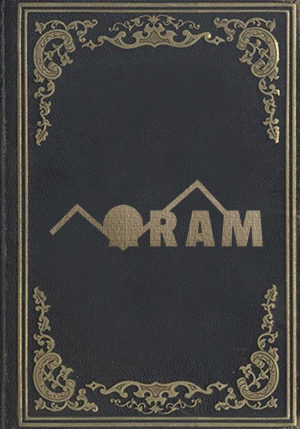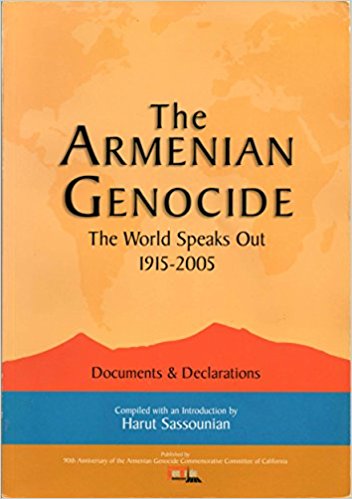The Republic of Armenia (I)
In 1918, the Armenian people emerged from centuries of foreign domination to establish a small Republic in the russian armenian Provinces of the Caucasus. While the populace struggled for physical survival in a devastated land, armenian Representatives at the Paris Peace Conference appealed for supportive action and the means to extend the boundaries of the … Lire la suite



